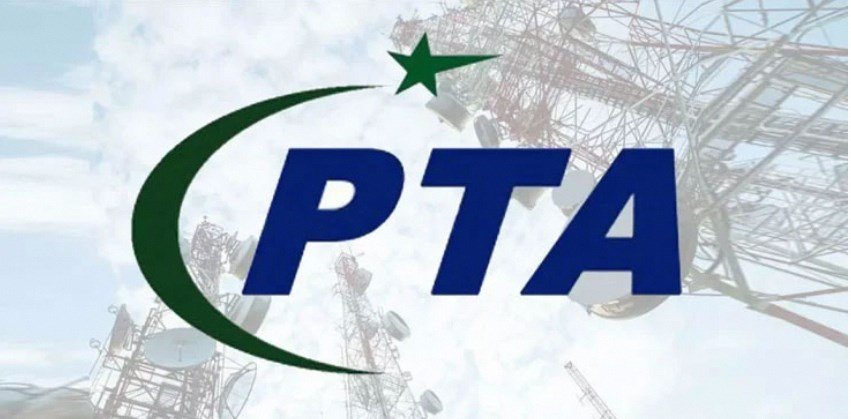The Pakistan Telecommunication Authority (PTA) has intensified its internet content regulation efforts, recently announcing the blocking of over 844,000 websites that were found to contain obscene or socially inappropriate material. This move aligns with PTA’s ongoing initiative to enforce stricter digital content standards in line with the ethical and cultural values of Pakistan. According to PTA representatives, the agency is utilizing advanced digital algorithms, machine learning, and artificial intelligence tools to monitor and detect inappropriate websites, especially those that can negatively influence younger audiences and undermine social norms.
This initiative is part of PTA’s broader mandate to establish a safe, respectful, and controlled digital environment in Pakistan, where internet access has expanded significantly in recent years. Social media platforms, video-sharing sites, and various web services are frequently monitored to ensure compliance with the authority’s content standards. This strict approach has received mixed reactions from the public, with some citizens praising the measure as necessary for protecting societal morals, while others argue for a more open internet in line with global norms.
PTA’s content-filtering efforts are crucial as internet use becomes increasingly widespread across all age groups in Pakistan. PTA aims to maintain a balance, ensuring online safety and protection against exploitative content without overly restricting digital freedom. As Pakistan continues to digitalize rapidly, PTA’s measures aim to provide a secure internet landscape, especially for the younger generation, fostering a more responsible and ethical use of technology
